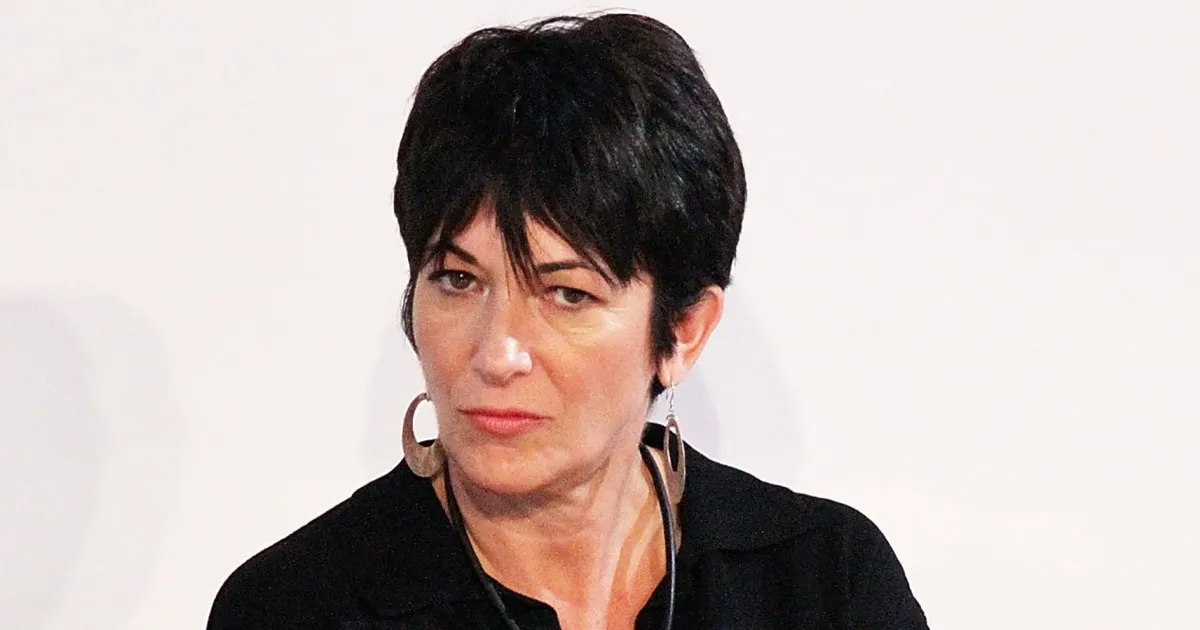
The family members of Virginia Roberts Giuffre, a prominent survivor of Jeffrey Epstein's sexual abuse, have expressed their profound outrage regarding the Justice Department's recent decision to release transcripts from Ghislaine Maxwell's testimony. They argue that this decision provides Maxwell a “platform to rewrite history” and undermines the experiences of abuse survivors. In a statement, Giuffre’s family emphasized, “The content of these transcripts is in direct contradiction with felon Ghislaine Maxwell’s conviction for child sex trafficking.”
Giuffre's family articulated their discontent, stating, “This travesty of justice entirely invalidates the experiences of the many brave survivors who put their safety, security, and lives on the line to ensure her conviction, including our sister.” This statement reflects a growing concern among survivors about the Justice Department's approach to Maxwell and the implications it holds for other victims.
Last month, Deputy Attorney General Todd Blanche conducted a two-day interview with Ghislaine Maxwell, who is currently serving a 20-year prison sentence for sex trafficking charges. This interview was part of a broader inquiry by the Trump administration aimed at uncovering more information about Epstein’s crimes. During the session, the Justice Department released audio and transcripts, during which Maxwell refuted numerous allegations against her and Epstein, including those made by Giuffre, who tragically died by suicide in April.
Virginia Giuffre accused Maxwell of grooming her for sexual abuse by Epstein and facilitating her trafficking to several of Epstein’s powerful associates, including Prince Andrew, Duke of York. In 2021, Giuffre filed a lawsuit against Andrew for allegedly abusing her as a minor—a claim he has vehemently denied. The two parties later settled the case for an undisclosed amount in 2022.
During her interview, Maxwell dismissed Giuffre’s allegations against Andrew, asserting that they “don’t hold water,” and challenged key evidence in the case, including a controversial photo purportedly showing Giuffre with Andrew. Maxwell claimed, “I believe that this whole thing was manufactured, and I can point you to some potentially corroborating evidence of this.”
Giuffre’s family has been vocally critical of the Justice Department’s interactions with Maxwell, particularly highlighting their concerns over Blanche’s questioning. They accused the deputy attorney general of failing to adequately confront Maxwell's statements during her testimony. In their statement, they remarked, “During Deputy Attorney General Todd Blanche’s bizarre interview, she is never challenged about her court-proven lies, providing her a platform to rewrite history.”
Throughout the interview, Maxwell maintained her innocence, asserting that she never witnessed any inappropriate conduct from any man, including former President Donald Trump. She also denied the existence of a damaging “client list” associated with Epstein’s crimes. Despite her conviction for sex trafficking in 2021, Maxwell continues to claim her innocence.
In addition to their outrage over the transcripts, Giuffre's family condemned the Justice Department's decision to transfer Maxwell to a minimum-security prison. They stated, “By moving convicted felon Maxwell to a minimum-security, country club prison, the DOJ sends a disturbing message that child sex trafficking is acceptable and will be rewarded.” This transfer took place after Maxwell's meeting with Blanche and has sparked significant backlash.
Federal officials relocated Maxwell from a co-ed, low-security prison in Tallahassee, Florida, to a women-only, minimum-security facility in Bryan, Texas. The Bureau of Prisons has not clarified the reasons for this transfer, which has raised further questions about the treatment of high-profile offenders.
The release of Maxwell's transcripts coincided with the Justice Department’s partial compliance with a subpoena from the House Oversight Committee, which sought all files related to the federal investigation into Epstein. The department released approximately 33,000 documents; however, Democrats on the committee have stated that most of these records were already public.
As the controversy continues, the implications of the Justice Department's handling of cases related to Jeffrey Epstein and his associates remain a critical topic of discussion, particularly among survivors and advocates for justice.